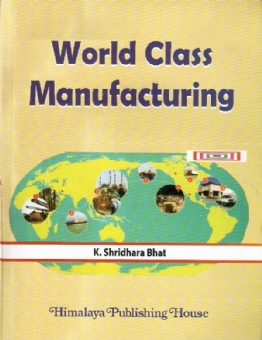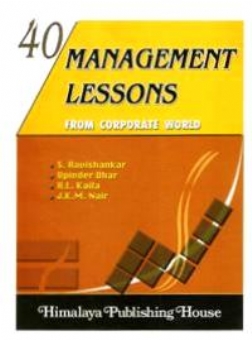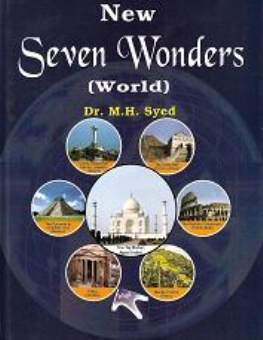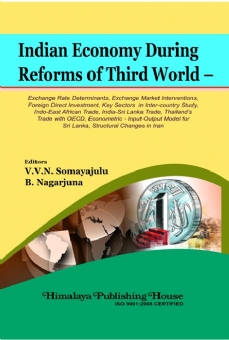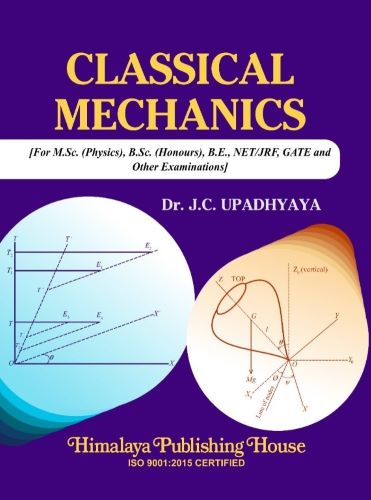The world-class producers are characterized by : (i) excellent quality, (ii) timeliness, (iii) flexibility, (iv) Superior communication, (v) the attitude of continuous improvement, (vi) a habit of collaboration and (vii) trust.
Acquiring world-class status in any field demands a meticulour, tireless and sustained commitment to scaling new peaks of performance. It means doing better than the best and being a class apart. In essence, being world-class is a journey rather than a destination.
This book titled “World-Class Manufacturing” stresses the importance of becoming world-class in manufacturing, for a firm to be competitive in the global market. Running through twelve chapters, the book focuses on manufacturing competitiveness, quality and global competitiveness and gives an overview of world-class manufacturing in the initial chapters. Further it deals with topics such as continuous improvement, elements of lean production, just-in-time systems, benchmarking, tools for process improvement, world-class quality management, total productive maintenance, world-class supply management and Toyota Production System.
An understanding of the above topics dealt in the book, would certainly help the readers to appreciate the need for a firm to become “world-class” and to strive for improvement of the organizations for which they work, to the “world-class” status.
Contents –
1. Manufacturing Competitiveness
2. World Class Manufacturing – an Overview
3. Quality and Global Competitiveness
4. Continuous Improvement
5. Elements of Lean Production
6. Just-in-Time Systems
7. Benchmarking
8. Tools for Process Improvement
9. World Class Quality Management
10. Total Productive Maintenance
11. World Class Supply Management
12. Toyota Productive Maintenance
References

